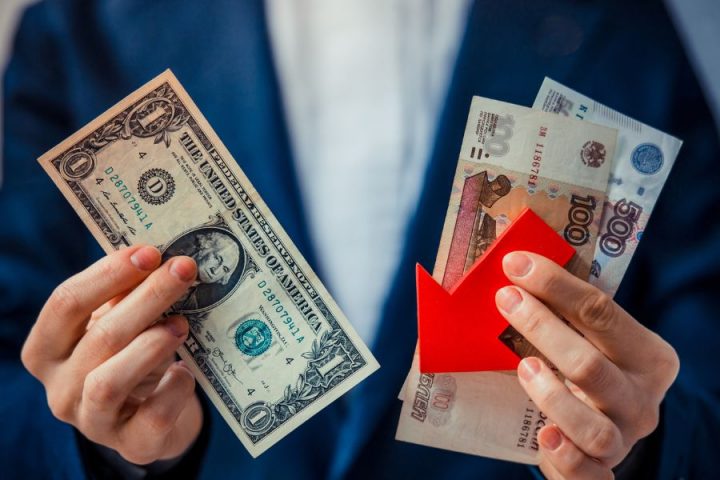Despite the benefits of devaluation for exporters, this policy has its own unintended consequences. It isn’t always easy to implement, and it has the potential to spark inflation. A weaker currency will push up import prices and, in turn, spur higher wages. That’s why the Brazilian central bank tightened its monetary policy last year to stabilize the real and contain inflationary pressures.
Exporters gain from devaluation
Devaluation is a policy that allows a country to decrease the value of its currency, thus making its exports less expensive for foreigners and domestic consumers. This process is often used to increase exports and decrease imports. Although devaluation is a positive policy move, it has some drawbacks. For one, it can aggravate inflation. This can reduce the economy’s growth rate.
In the short term, devaluation is beneficial to exporters. However, most exporters are hedging their exports by using financial instruments to lock in currency values. As a result, the benefit that a devaluation brings is more than offset by the losses that a country incurs in the process.
Unintended consequences of devaluation
While currency devaluation can have many benefits for a country’s economy, there are also significant drawbacks. Inflation and import prices rise and the devalued currency reduces domestic consumption and purchasing power. In addition, a devalued currency can make local industries less competitive and inefficient. In addition, devaluation can aggravate inflation, leading the government to increase interest rates to control it, which may slow economic growth.
The process of devaluation is intended to correct a country’s balance of trade deficit by making exports cheaper but imports more expensive. As a simple example, if the dollar and the Euro are valued at a 1:1 ratio, a European exporter selling goods to the United States for $100 will bring home 100 euros but will pay 80 euros in expenses. Despite this, the exporter will still earn 20 euros in profit.
Increased uncertainty in the market
When a country decides to devalue its currency, it is creating a lot of uncertainty in the market. This uncertainty can cause a number of problems for the economy. It can push stocks down or cause debts to balloon, which could lead to a recession. Also, devaluation can lead to skyrocketing debt costs, which may force some firms to file for bankruptcy. However, the process can also create opportunities for other firms and help the government roll over some of its debt.
Another consequence of devaluation is a currency war. Currently, seven out of the G-20 economies have overvalued their currencies. This means that a devaluation in the U.S. dollar would only make things worse for these nations. Moreover, it would lead to an increase in global risk and volatility. It would also require significant adjustments in global trade and capital flows.
Higher savings
A devaluation occurs when a country intentionally decreases its currency’s value versus a foreign currency. When the currency is devalued, it will lose its purchasing power. This will lead to a rise in the price of goods produced in that country. It will also create a higher interest rate and increase external debt, which can create a bleak outlook for the country. The decision to devalue a currency will depend on the country’s economic goals and economy.
Lower consumer purchasing power
A country’s currency devaluation policy has many consequences. While it helps a country’s economy by making exports more competitive in foreign markets, it also reduces the purchasing power of its consumers. It may also result in inflation and currency wars. In addition, devaluation has a negative effect on a country’s foreign debt.
In other words, if a country devalues its currency, its foreign debt becomes cheaper for the government and less valuable for the average citizen. This reduces the country’s foreign currency reserves. It may also increase a country’s exports while reducing its current account deficit, but the downside is that a devaluation can also worsen inflation. It may also force a government to raise interest rates to try to reign in the inflation, which will slow economic growth.
